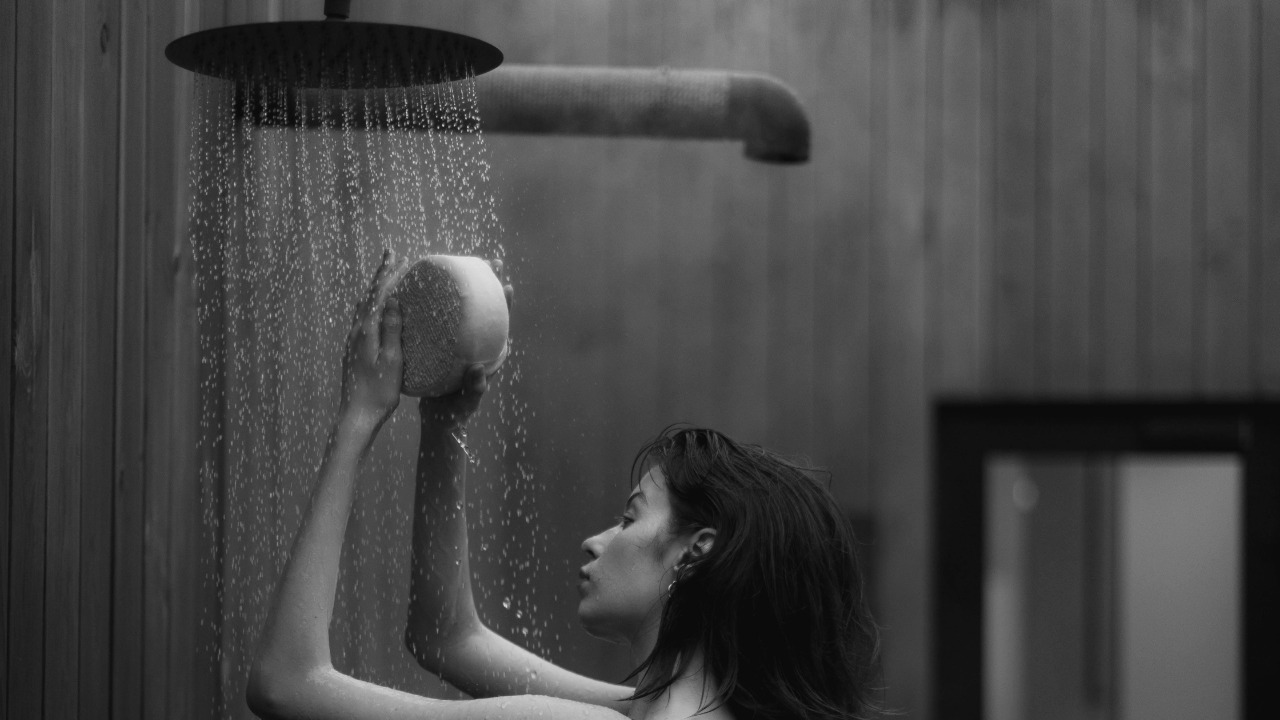Science Settles the Shower Debate: AM or PM?

The debate over whether it is more hygienic to shower in the morning or at night has persisted for years, with preferences often influenced by lifestyle, personal habits, and beliefs about cleanliness. A recent study by a leading scientist sheds light on the hygienic implications of showering at different times of the day. This article explores the findings of the study, examining how morning and evening showers impact our health and hygiene.
The Science of Skin and Hygiene
Our skin is home to a complex community of microorganisms known as the skin microbiome, which plays a crucial role in maintaining skin health. This delicate balance of bacteria helps protect against pathogens, aids in wound healing, and supports the immune system. Understanding how to maintain a healthy microbiome is essential for optimal skin health.
Frequent washing can disrupt the skin’s natural oils and bacterial balance, potentially causing dryness or irritation. While showering is important for hygiene, over-cleansing can strip the skin of its protective oils, leading to a compromised barrier. This balance is further influenced by our body’s circadian rhythms, which regulate various physiological processes, including skin functions.
Circadian rhythms impact skin health by dictating the timing of activities such as cell regeneration and oil production. These natural cycles suggest that the timing of our showers could influence how effectively we maintain skin hygiene and health. Understanding these rhythms can guide us in making more informed decisions about our showering routines.
Morning Showers: Pros and Cons
Starting the day with a morning shower can provide a refreshing boost, increasing alertness and potentially improving mood. The act of washing away sweat and bacteria accumulated overnight can offer a sense of cleanliness that helps kickstart the day. For many, this is a ritual that not only cleanses the body but also prepares the mind for the tasks ahead.
From a hygiene perspective, morning showers can be beneficial for removing the sweat and bacteria that build up as we sleep. However, there are potential drawbacks, especially for those with dry or sensitive skin. Morning showers can disrupt the skin’s natural oils, leading to increased dryness or irritation, particularly in harsher climates or during the winter months.
For those whose skin tends to be dry, morning showers might exacerbate the issue by stripping away necessary oils. It’s essential to balance the invigorating benefits of a morning shower with the potential impact on skin health, possibly by adjusting water temperature and duration.
Night Showers: Pros and Cons
Showering at night can be an excellent way to unwind and relax after a long day, promoting better sleep by lowering body temperature and preparing the mind for rest. This routine can be particularly beneficial for those who struggle with stress or insomnia, as the warm water acts as a natural sedative.
From a hygiene standpoint, night showers offer the advantage of washing away the day’s pollutants, allergens, and dirt. This can be particularly important for individuals living in urban environments, where exposure to environmental toxins is higher. Cleansing the skin before bed ensures that these irritants do not linger overnight.
However, there are potential downsides to consider. Going to bed with damp hair can lead to discomfort or even fungal infections, while applying products to freshly washed skin may cause irritation if not absorbed properly. It’s important to ensure thorough drying and careful product selection to mitigate these risks.
Expert Recommendations and Personal Preferences
The recent study offers key insights into the optimal timing of showers for hygiene and skin health. The scientist emphasizes that both morning and night showers have their unique benefits, and the choice should be tailored to individual needs and lifestyles. For instance, those with oily skin might benefit from morning showers, while individuals with dry skin might find night showers more suitable.
Balancing hygiene with lifestyle involves considering one’s daily schedule, skin type, and personal preferences. The study suggests that there’s no one-size-fits-all answer, and what works for one person may not be ideal for another. It’s about finding a routine that aligns with one’s specific requirements and comfort.
Ultimately, personal preference plays a significant role in determining showering habits. Whether it’s the invigorating start of a morning shower or the relaxing end-of-day ritual of a night shower, the decision should be based on what feels right for the individual. Consistency and mindfulness in maintaining a routine are key components of effective hygiene practices.
Final Thoughts on Hygiene and Well-Being
The study concludes that both morning and night showers have their respective advantages and drawbacks, and the choice between them should be guided by personal comfort and scientific insights. Establishing a showering routine that aligns with one’s lifestyle and skin needs is crucial for maintaining overall hygiene and well-being.
Consistency in showering habits plays a vital role in supporting skin health and hygiene. By understanding the science behind our skin’s needs and listening to our bodies, we can make informed decisions that enhance our daily hygiene practices.
Post a Comment